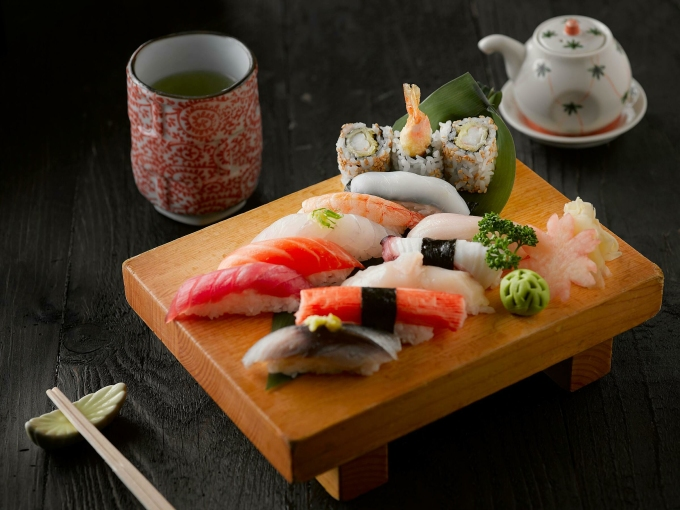By the end of February, one thing that often bothers me is allergies. I wake up every morning with a heavy head and an itchy nose and hence feel most irritable. I have a pollen allergy and the impurities in the air make me sneeze and get irritated.

This is not my problem alone. With the onset of spring, many people start complaining of pollen allergies. People with allergies are more concerned about pollen and other types of weeds. People suffering from this allergy should also be careful about those foods which can aggravate this problem.
The foods most commonly responsible for causing the symptoms of this allergy are nuts, fresh fruits and raw or undercooked vegetables. At this time of year when pollen is at its worst, the body starts to defend itself by making a special plant protein that is meant to fight off these allergy symptoms.
This protein is good at fighting allergies, but it can sometimes create a cross-reaction that occurs with certain food combinations.
Let us know in detail in this article about what pollen allergy is and what foods you should stay away from.
What is pollen allergy?

Pollen allergy can also be called seasonal allergic rhinitis or hay fever. Pollen is a fine yellowish powder that is carried from one plant to another by wind, birds, insects or other animals. It helps fertilize plants, but it can cause discomfort to many people. It affects our immune system. Our immune system normally fends off disease by protecting the body from viruses and bacteria.
In people with pollen allergies, the immune system mistakenly identifies harmless pollen as a dangerous virus. To fight it, the immune system starts producing other chemicals including histamine.
This is known as an allergic reaction and the specific type of pollen that causes it is known as an allergen. This causes problems like sneezing, stuffy nose and watery eyes.
Pollen allergy-triggering foods
Knowingly or unknowingly, we include such things in our diet, due to which our allergies increase. Some food items increase this allergy and you should consume them less or not at all-
Alcohol

If you have problems with frequent sneezing and watery eyes, then you should especially avoid the consumption of alcohol. Wine and other alcohol also promote the production of histamine. Histamine is produced in the cells which cause allergic reactions like headaches, rashes, sneezing etc. Wine, in particular, can worsen your allergies because a protein found in the skin of grapes triggers allergies. Alcohol dilates blood vessels, which can make symptoms worse.
Dairy products
Dairy products like milk, butter, paneer etc are not good for you if you are suffering from allergies. Dairy products, especially aged cheese, make your allergies worse because their inflammatory properties can trigger the production of histamine.
Spicy food

It is often said that if you have a cold or a runny nose, and eat spicy food, it will clear the sinuses. However, this does not happen and may worsen your symptoms. People with pollen allergy should eat less spicy food; it can be responsible for triggering your allergy to a great extent. Spicy foods promote inflammation and also irritate the nose and throat. Spicy foods, as well as dairy and alcohol, aid in the production of histamine.
In addition to keeping these things in mind and avoiding or reducing your intake of these foods, you can also get tested for allergies. Contact your doctor, tell them about your symptoms, and change your diet after blood tests or other treatments prescribed by them.
Image Credit: Freepik
DISCLAIMER
Your skin and body are as different as you are. We endeavour to bring you correct, safe and expert-verified information through our articles and social media handles, but still, you must consult your doctor before trying any home remedy, hack or fitness tip.










